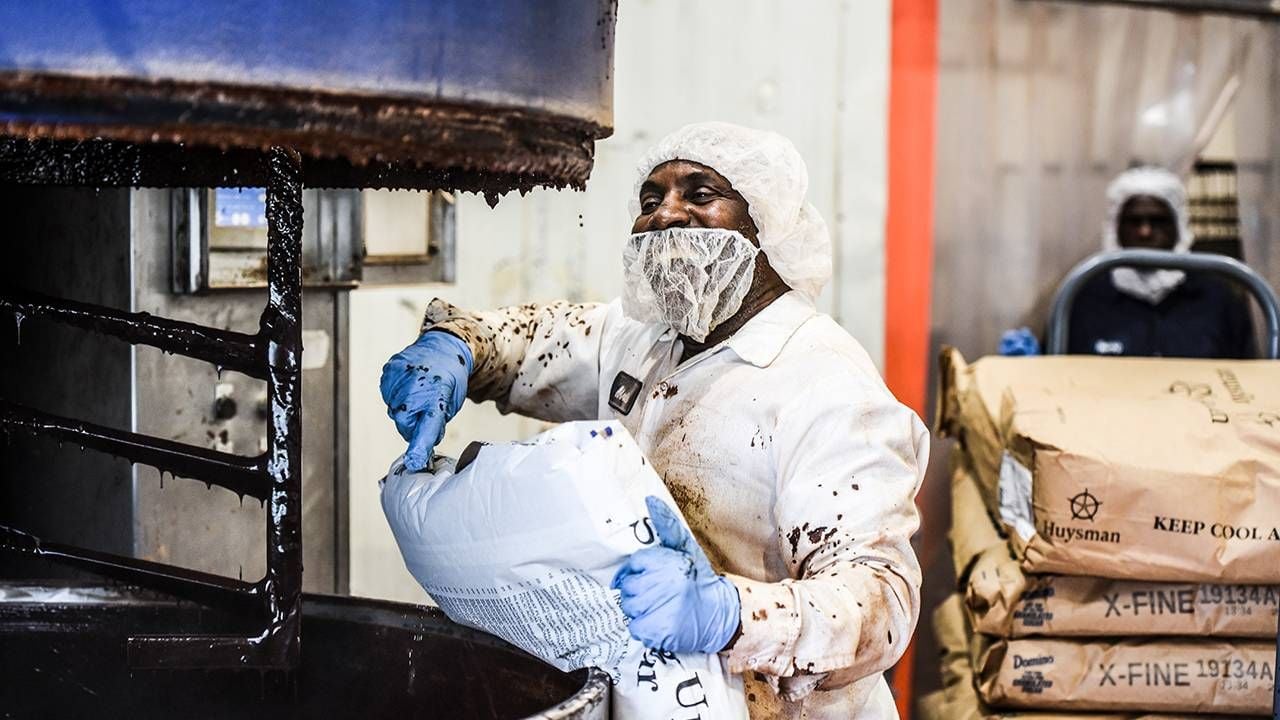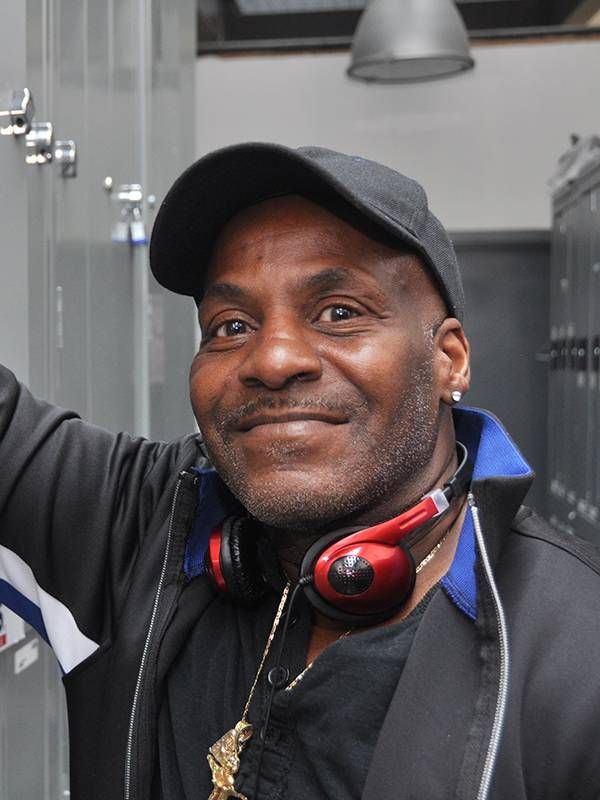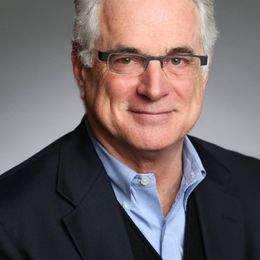Getting Hired Without a Resume or a Job Interview
"Open hiring" is now possible at some employers and can be helpful for certain 50+ applicants
Age discrimination is deeply ingrained in the job market. Nearly anyone laid off after 50 can tell stories of dismissal, frustration and ageist moments in the hunt for work. Worse yet are the experiences of many older job seekers who are Black, women or have a high school education or less. But what if you could get a job without showing a resumé or a job interview?

That's not a pipedream. A small but important movement is pushing the concept of what's known as "open hiring."
What Is Open Hiring?
At employers who use this system, all you have to do to apply for a job is put your name on a signup sheet. When a position opens, if you're next on the list, you're offered the chance to start work immediately.
The only question that matters for open hiring is: "Do you want the job?"
The open hiring model ignores age, race, gender and other discriminations. It also offers people sidelined in the economy a chance — including the formerly incarcerated, the homeless and people in recovery.
The only question that matters for open hiring is: "Do you want the job?"
A recent article in the Harvard Business Review captures the practical ambition behind the open hiring policy. "This approach allows companies to build more resilient businesses and address one of today's greatest social challenges: providing economic opportunities for people often viewed as unemployable," wrote David DeLong and Sara Marcus in "Imagine a Hiring Process Without Resumés."
Hired at 60 and 'On the Right Track'
Alvin Wilson, 65, got his job at Greyston Bakery in Yonkers, N.Y. almost five years ago through its open hiring approach.
Wilson started out on the bakery line. He later shifted to being a mixer, but is now back on the line since lifting 50-pound bags became too much for him. Before Greyston, Wilson had an inconsistent work history in various low-wage, low-skill jobs; the drug trade landed him in prison for more than 12 years. When he got out, he moved in with his youngest sister and found some work, mostly in construction. His sister suggested Wilson sign up at Greyston.
He did. "I love the whole thing," Wilson says. "I am on the right track." Thanks to the job, he now has a bank account and owns a car.

Greyston has used open hiring since the social purpose enterprise was founded in 1982 by Brooklyn, N.Y.-born Zen Master Bernie Tetsugen Glassman. The company now has some 100 workers making millions of pounds of baked goods for customers like Ben & Jerry's and Whole Foods, out of its 23,000-square-foot facility near the Yonkers waterfront.
Glassman wanted to offer opportunity and inclusion to people in the local community. Currently, Greyston spends about $1,900 training new hires; that's less than half the cost of the typical human resource approach built on the concept of exclusion, rather than inclusion.
Giving People Hope
"The whole beauty of open hiring and the strength of open hiring is it gives people hope," says Joseph Kenner, Greyston's president and CEO. Kenner says applicants know that "I will have a job opportunity presented to me and I can take care of myself and my family."
Knowing that too many people have been sidelined and offered too few opportunities for too long lies behind Kenner's open hiring approach and his eagerness to spread the word about how to replicate it. The bakery started its Center for Open Hiring in 2018 to get the message out.
Recent open hiring initiatives include ones at the frozen cookie dough manufacturer Rhino Foods and the cosmetics retailer Body Shop. There's also the Greyston Center for Open Hiring of Rochester, a regional hub backed by the Rochester Area Community Foundation; the charitable foundation of the ESL Federal Credit Union and other organizations as well as a partnership with the Start Foundation — a Dutch venture philanthropy fund — to bring open hiring to the Netherlands.
"What the pandemic and social unrest have in common is a lack of trust in the system," Kenner reflects. Open hiring, he says, "is what people need."
A few ingredients are critical to the success of open hiring.
Perhaps most important for open hiring to be successful: management's commitment.
First, the model works best for entry-level, front line positions where workers can be trained by the company on the job.
Second, it often takes an inviting workplace ecosystem to hike the odds new hires will succeed. Workers may struggle on the job not because they can't or don't want to do the work, they may just be dealing with housing, child care, transportation or other issues at home.
At Greyston, there's a social worker from Jewish Community Services around so that if employees need help, they're directed to local community resources. (This coordinator works for the agency, not the bakery.)
Open Hiring and Age Discrimination
Perhaps most important for open hiring to be successful: management's commitment.
Open hiring "requires company leadership whose values of serving the community are extremely strong to overcome the inevitable setbacks that occur in hiring employees who face unusual barriers to success in the workplace, such as disabilities, family instability and chronic health issues," says David Delong, president of the consulting firm Smart Workforce Strategies.
While open hiring isn't specifically targeted at combating age discrimination, in practice, the human resource strategy takes ageism out of the hiring process.
As the economy stirs with the increasingly successful COVID-19 vaccine rollout, businesses and society are grappling with reimagining everyday life and workplace practices for the post-pandemic era. This week, U.S. jobless claims reached the lowest level of the pandemic (684,000 filings), so companies could soon find themselves struggling to hire and retain employees. Older workers with spotty resumés and ones who've been out of work for a while could be a reliable source of talent.
"The slow growth of the labor pool in the coming decade means competition for talent at all levels will become more challenging," says DeLong. "Open hiring is one way to increase the inclusion of talent that is often overlooked."
Alvin Wilson can attest to that. He recalls sending his grandmother pictures of him working at the bakery before she passed away. "This is a blessing," she told him. "She told me to hang in there."
There lies the hope and promise of open hiring.


